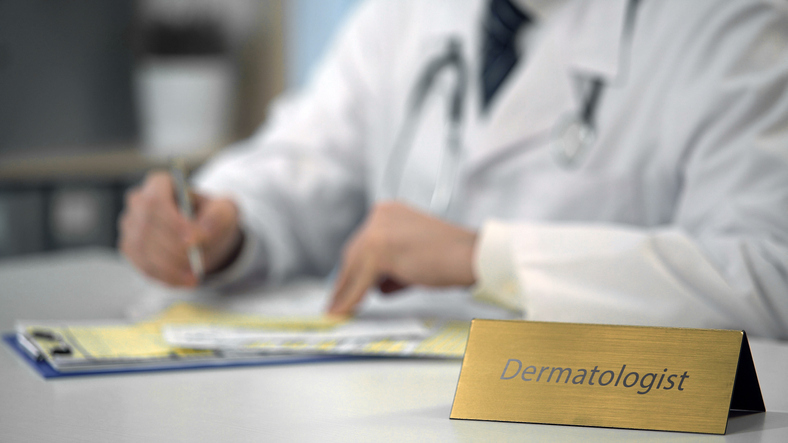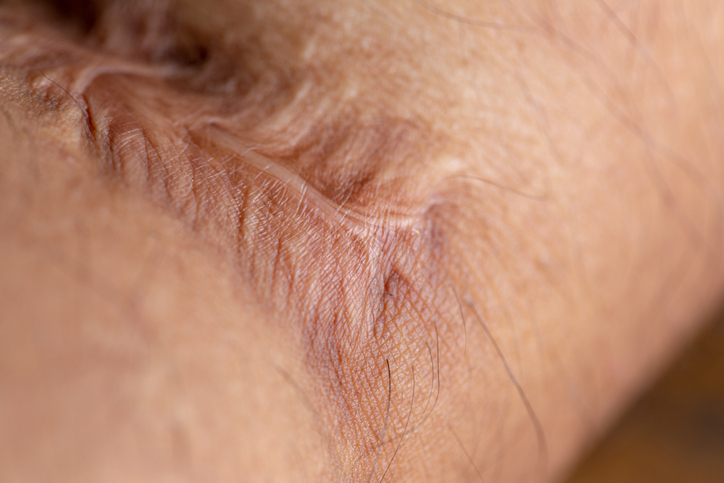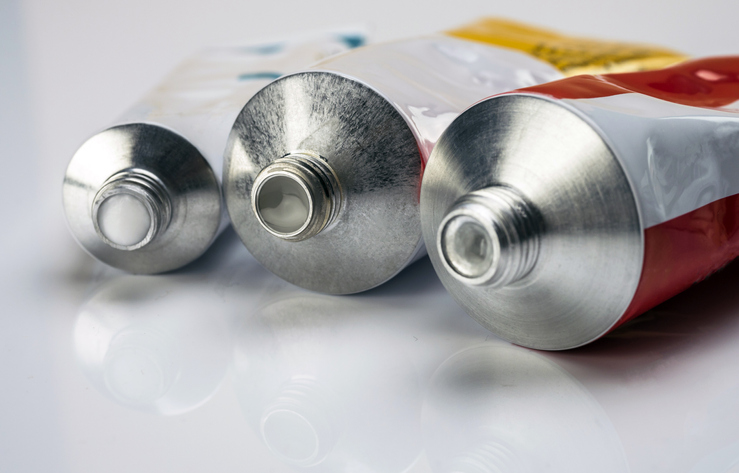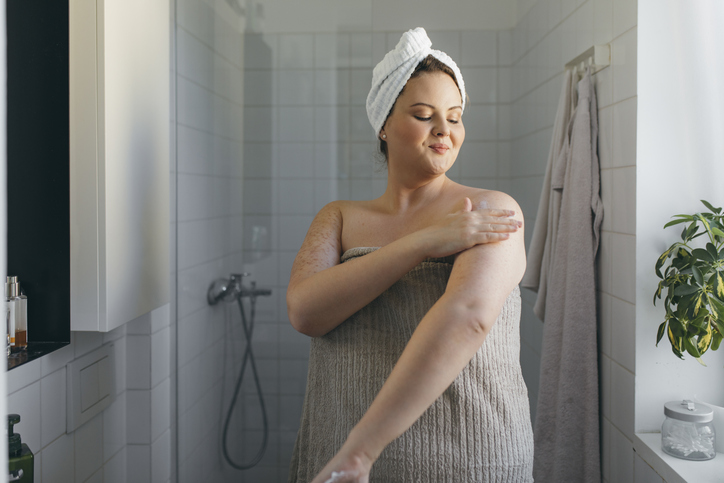Pain
Alternative and Complementary Treatment Options for Hidradenitis Suppurativa

What is hidradenitis suppurativa?
Hidradenitis suppurativa (HS), or acne inversa, is a chronic skin condition characterized by painful, boil-like lumps that form in blocked hair follicles under the skin. The lumps may eventually rupture and leak pus and blood. As the ruptures heal, hard, rope-like scars and sinus tracts (tunnels under the skin) often form, which can restrict movement.
Alternative and complementary treatments
In addition to conventional medical treatments for hidradenitis suppurativa, several alternative and complementary treatments may also help reduce symptoms of the condition. These treatments may be beneficial for individuals who do not experience full symptom relief from conventional treatments or who prefer more natural treatments with potentially fewer side effects. Alternative and complementary treatments for HS include the following:
- Turmeric has anti-inflammatory, antimicrobial and antibacterial properties that can reduce symptoms of HS. Turmeric powder is best applied with a carrier oil, such as coconut oil (1 tablespoon turmeric mixed with ½ tablespoon of a carrier oil). This mixture can be applied to the skin for 15 minutes. It’s important to note that turmeric can temporarily stain the skin.
- Honey has been used for centuries for its anti-inflammatory and antibacterial healing properties. Raw, unpasteurized honey is most commonly used; however, it should not be used if allergies to pollen or bee venom are an issue. It can be applied to the skin alone or with turmeric powder. Specifically, Manuka honey is scientifically recognized for its antimicrobial and wound-healing properties and is used in clinical settings as a topical treatment for infected wounds.
- Tea tree oil can reduce inflammation caused by HS, help dry out wounds, and help prevent infection. A few drops of tea tree oil can be mixed with 2 tablespoons of a carrier oil and then applied to the affected area. Tea tree oil should only be used topically.
- Aloe vera is soothing to the skin and has anti-inflammatory and antiseptic properties. It may help soothe the pain from HS and can be applied directly to the skin. Pure aloe vera gel (without any chemical additives) is best.
- Zinc can reduce inflammation in the body. It can be found in certain foods, such as oysters or spinach, or taken as a supplement. A mixture of 1 tablespoon zinc oxide, 1 tablespoon of beeswax, and ½ cup coconut can be applied to the skin. If HS affects the armpits, an antiperspirant containing zinc oxide may be beneficial.
- Neem oil can reduce redness and inflammation when applied to the skin. It may also help heal scars. It should be mixed with a carrier oil or aloe vera before being applied to the skin. It’s best to do a patch test when first applying neem oil to the skin to check for possible allergies, and it should never be ingested.
- Apple cider vinegar can help prevent bacterial infections from forming in affected areas. It can be applied with a cotton ball directly to the skin.
- Rubbing alcohol, or isopropyl alcohol, is a powerful disinfectant that can help clean clogged pores and reduce pain or skin sensitivity during an HS flare-up. It can be applied to the skin with a cotton ball; however, it can cause a burning pain when applied to open wounds, so it should not be used on those areas.
A medical professional should always be consulted before taking any new supplement or applying any new topical treatment.















